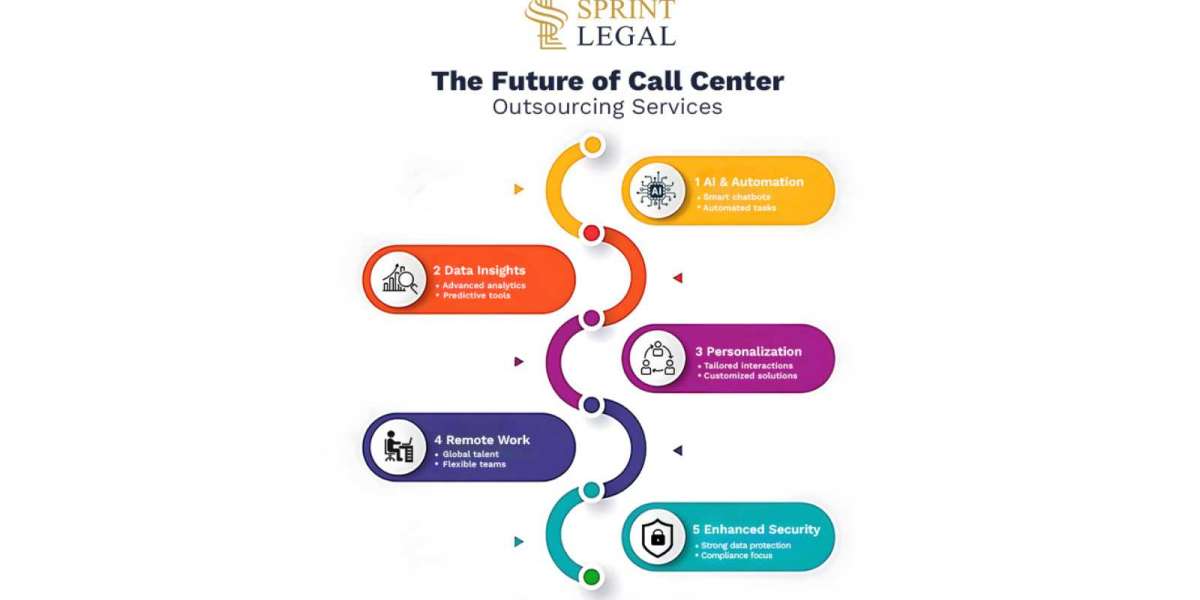The future of call center outsourcing services is evolving rapidly, driven by technological advancements, changing customer expectations, and global economic shifts. Here’s a glimpse of the key trends shaping the future of this industry:
1. AI and Automation
AI and automation are becoming major players in call center operations. Chatbots, virtual assistants, and AI-driven customer support systems are handling routine inquiries, allowing human agents to focus on more complex issues. This shift improves efficiency, reduces response times, and enhances customer satisfaction.
2. Omnichannel Support
Customers today expect seamless communication across multiple channels, including voice calls, emails, social media, and live chat. Call center outsourcing companies are integrating omnichannel solutions to provide a consistent and unified customer experience.
3. Cloud-Based Call Centers
The adoption of cloud technology is making call center services more flexible and scalable. Cloud-based systems allow agents to work from anywhere, ensuring 24/7 availability and reducing the need for expensive physical infrastructure. This is particularly beneficial for businesses that want to expand globally without significant investment.
4. Focus on Data Security and Privacy
With increasing concerns over data breaches and privacy regulations like GDPR, call center outsourcing providers are prioritizing data protection. Companies are investing in stronger security protocols and compliance measures to protect sensitive customer information.
5. Skilled Workforce and Upskilling
As automation handles basic queries, the role of human agents is becoming more specialized. Outsourcing providers are focusing on upskilling their workforce to handle complex queries, offer personalized customer service, and adapt to emerging technologies.
6. Personalization and Customer-Centric Approach
Outsourced call centers are moving towards hyper-personalized customer service. By leveraging AI and customer data, they can offer more tailored solutions, improving overall customer satisfaction. Personalization helps build stronger relationships and brand loyalty.
7. Remote and Hybrid Work Models
The pandemic has accelerated the shift toward remote working in the call center industry. Outsourcing companies are adopting hybrid models that combine in-office and remote work, offering flexibility and cost savings.
8. Sustainability and Social Responsibility
Companies are becoming more conscious of their environmental impact and corporate social responsibility. Call center outsourcing providers are adopting eco-friendly practices, such as reducing carbon footprints through virtual operations, and promoting diversity and inclusion in the workforce.
Conclusion
The future of call center outsourcing services will be shaped by technology, customer expectations, and the need for flexibility. Businesses looking to outsource their call center functions will benefit from AI, cloud solutions, and a more skilled workforce, while ensuring their services remain customer-centric and secure.








